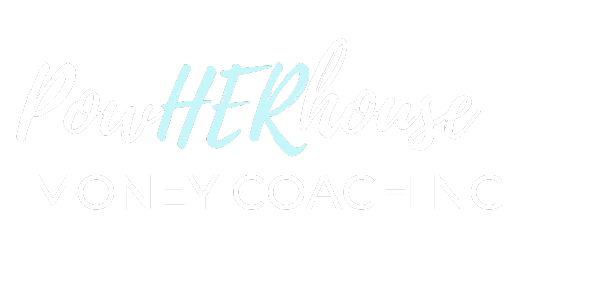New year, new money habits! This time of year is the perfect time to reevaluate some bad habits. However, bad money habits can be hard to break—especially if you’ve been making them for years.
But don’t worry – it is possible AND you’re worth the effort!
All it takes is some discipline and commitment to change your behavior. Here are 3 bad money habits you should ditch this year to improve your money mindset and build wealth:
Impulse buying
We all do it from time to time but when impulse buying becomes habitual, it can create serious issues with your bank account balance.
Before making any purchase, it is important to be mindful of your spending habits and ask yourself if the item you’re about to buy is really necessary or desired. Impulse buying can lead to overspending and can quickly add up to significant losses, especially if done on a regular basis.
To avoid this bad habit, it’s best to establish a spend plan each month and stick to it. Make sure to factor in any upcoming bills or payments you need to make, as well as unexpected expenses that may arise. It is important to know the difference between things you want and things you need. When buying something, think if it is something you really need or just want.
Are you putting your money where your goals are? If it’s something you just want, it may be a better idea to wait and save up for it instead of spending money right away. You may also find that after waiting a couple days, the desire to ‘need’ that item wains.
Paying only the minimum monthly payment on credit cards
The second bad money habit to ditch this year is paying only the minimum monthly payment on credit cards. This can be a difficult habit to break, especially for individuals who live paycheck-to-paycheck and may not have enough extra cash to make larger payments. Paying only the minimum monthly payment on credit cards can rack up huge amounts of interest and fees over time, making it difficult to pay off debt in the long run.
Credit card companies are often happy when customers make just the minimum payment each month because they know that more money will be paid out due to interest and fees than if customers paid their full balance. Paying the minimum amount owed each month typically only covers a fraction of what is actually owed, leading consumers into a vicious cycle of debt. Furthermore, if you are carrying debt from month to month, it can also bring down your credit score over time as this indicates that you are using too much of your available credit limit.
To break this bad habit, it is important to set realistic financial goals and develop a plan for paying off your debt. It may help to start by setting aside a certain amount each month specifically for credit card payments and then increase it as you are able. Making larger or additional payments towards your credit card balances throughout the year will help reduce the overall amount owed in interest and fees and get you closer to paying off your debt faster. You may also want to consider consolidating your debt with a lower-interest loan such as a personal loan or home equity line of credit (HELOC). This could potentially save you thousands of dollars in interest payments over time compared with keeping multiple higher-rate cards open at once.
If you need help managing your debt, check out our Knock Out Debt and Get Rich, B$tch online course.
Having no idea where your money goes
You need to know your money to grow your money! Even when you have a good income, it can be challenging to ditch these bad money habits and manage your spending if you don’t have a plan in place. To avoid falling into this trap, it is important to create a spend plan that outlines all the necessary expenses you need to pay each month, such as rent/mortgage, utilities and groceries. After that, you should set aside an amount for savings and then determine how much you can realistically afford to spend in other categories such as entertainment or clothing.
Creating a spend plan doesn’t have to be overwhelming or unbearably restricting; there are tools available both online and in-person that can help guide you through the process. Financial experts recommend tracking your spending for at least one month so that you can get an accurate picture of where your money is going and what areas may need additional attention. Additionally, setting realistic and achievable financial goals will help motivate you to save more money or pay off debt faster. A great online course to help you is our spend plan course, What You Need Instead of a Budget.
Once you have created a spend plan the key is sticking to it by making consistent decisions about how best to use your funds each month. For example, if something unexpected arises such as an emergency expense or major purchase, evaluate how much extra cash flow you may need and adjust your spending accordingly over the following weeks or months. Regularly monitoring your budget and any changes in financial circumstances will also help ensure that it remains up-to-date with current market conditions.
Need help ditching bad money habits?
Breaking bad money habits is possible with commitment and dedication – and we can help! If you want to work with us one on one, book your free discovery call.






